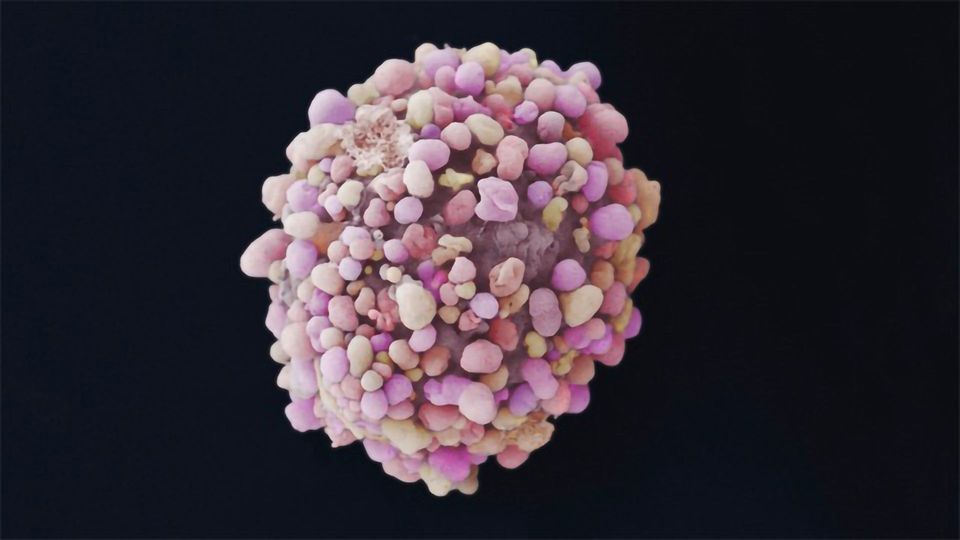How To Predict Whether Triple Negative Breast Cancer Will Recur

Complete the form below to unlock access to ALL audio articles.
Indiana University School of Medicine researchers have discovered how to predict whether triple negative breast cancer will recur, and which women are likely to remain disease-free. They presented their findings at the San Antonio Breast Cancer Symposium, the most influential gathering of breast cancer researchers and physicians in the world.
Milan Radovich, Ph.D., and Bryan Schneider, M.D., discovered that women whose plasma contained genetic material from a tumor – referred to as circulating tumor DNA – had only a 56 percent chance of being cancer-free two years following chemotherapy and surgery. Patients who did not have circulating tumor DNA, or ctDNA, in their plasma had an 81 percent chance that the cancer would not return after the same amount of time.
Triple negative breast cancer is one of the most aggressive and deadliest types of breast cancer because it lacks common traits used to diagnose and treat most other breast cancers. Developing cures for the disease is a priority of the IU Precision Health Initiative Grand Challenge.
The study also examined the impact of circulating tumor cells, or CTCs, which are live tumor cells that are released from tumors somewhere in the body and float in the blood.
“What we found is that if patients were negative for both ctDNA and CTC, 90 percent of the women with triple negative breast cancer remained cancer-free after two years,” said Radovich, who is lead author of this study and associate professor of surgery and medical and molecular genetics at IU School of Medicine.
Radovich and Schneider are researchers in the Indiana University Melvin and Bren Simon Cancer Center and the Vera Bradley Foundation Center for Breast Cancer Research. They lead the Precision Health Initiative’s triple negative breast cancer team.
The researchers, along with colleagues from the Hoosier Cancer Research Network, analyzed plasma samples taken from the blood of 142 women with triple negative breast cancer who had undergone chemotherapy prior to surgery. Utilizing the FoundationOne Liquid Test, circulating tumor DNA was identified in 90 of the women; 52 were negative.
The women were participants in BRE12-158, a clinical study that tested genomically directed therapy versus treatment of the physician’s choice in patients with stage I, II or III triple negative breast cancer.
Detection of circulating tumor DNA was also associated with poor overall survival. Specifically, the study showed that patients with circulating tumor DNA were four times more likely to die from the disease when compared to those who tested negative for it.
The authors say the next step is a new clinical study expected to begin in early 2020, which utilizes this discovery to enroll patients who are at high risk for recurrence and evaluates new treatment options for them.
“Just telling a patient they are at high risk for reoccurrence isn’t overly helpful unless you can act on it,” said Schneider, who is senior author of this study and Vera Bradley Professor of Oncology at IU School of Medicine. “What’s more important is the ability to act on that in a way to improve outcomes.”
This article has been republished from the following materials. Note: material may have been edited for length and content. For further information, please contact the cited source.

